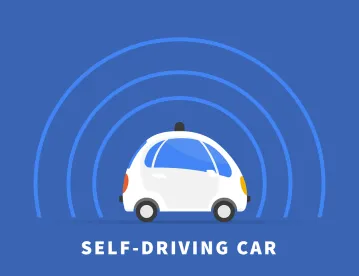Any industry pushing for more regulation is a rarity. But auto industry representatives are urging lawmakers to create more federal regulation for self-driving cars. The belief is that federal laws will provide more consistency and encourage (rather than hinder) innovation as compared to “patchy” state laws. The industry is supporting legislation that would preempt state laws as it relates to highly automated vehicles.
Why the concern over state law regimes? In part due to the fact that there are no federal standards, 22 states have already adopted legislation related to autonomous vehicles. But the laws are, not surprisingly, inconsistent. Simply look, as an example, at the legal framework in California that many view as restrictive versus the perceived flexibility of the laws in Michigan. A hodgepodge of state laws could stall out innovation and put the rapid advances in autonomous driving at risk given the costs and other hurdles that would be involved in complying with so many differing restrictions. Automakers (and even ride-hailing companies like Lyft and Uber) are looking for a more consistent framework.
According to recent reports, legislation is being debated in the House (with the Senate likely to consider similar legislation) to create a federal framework for self-driving vehicles including the “Let NHTSA Enforce Automated Vehicle Driving Regulations Act.” The proposed legislation would establish sole authority for NHTSA over the regulation of highly automated vehicles and expressly preempt any state laws that prevent the testing or deployment of self-driving cars or technology. Some members (and consumer safety watchdogs) are concerned that the bill does not contain enough safety regulations, and provides for too many exemptions. As currently drafted, the cap on automaker exemptions from Federal Motor Vehicle Safety Standards would be raised to 10,000 vehicles over a 12-month period for each manufacturer (as long as it can prove the car still provides adequate safety and protection). Automakers believe these exemptions are necessary to test out self-driving vehicles in much larger numbers (to work out the kinks) before they completely occupy the roads.
Will federal legislation preempt current and future state laws? Is NHTSA adequately staffed and funded to effectively deal with autonomous vehicles on its own? There are lots of questions and very few answers at this point, but rapid development in automation is likely to lead to rapid development on the regulatory front as well. Answers are sure to come soon.
Katrina Stencel was a contributing author of this post.




 />i
/>i

